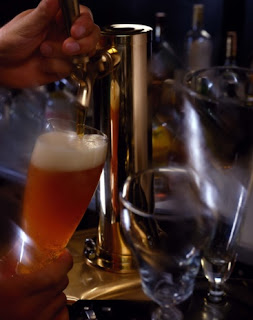Not even two weeks after the terrorist attack, that could have killed hundreds in central Stockholm, two men dressed in santa costumes stole a machine gun from a shocked guard outside the royal palace.
It was just before 2 AM, the night before Christmas Eve, when a quiet and peaceful Stockholm embedded in deep snow, was the target of yet another vicious attack.
This time it was one of the two guards outside the royal palace that was severely beaten and robbed of his AK5 machine gun.
The guards are fully eligible to use whatever force needed to protect the palace gates, but still, getting their hands on the automatic weapon was like a walk in the park for these two thiefs disguised as Father Christmas.
Need to face the reality
Although Swedish police takes the crime very seriously since these kind of weapons are said to often be stolen by criminal gangs for use in armed robberies, the question remains; how could this happen?
A source from within the military told me about suspicions that this could have been planned from the inside.
It simply seems very odd that two armed guards, that apparently also have easy access to an alarm button, so easily could have been disarmed and did very little to defend themselves.
But regardless of this being an insider job, or a robbery of ill trained soldiers - it should have been avoided.
The terrorist attack that took place in Stockholm 11 December, where suicide bomber Taimour Abdulwahab al-Abdaly was minutes away from a mass killing, should have been enough of a wake-up call.
Sad but true - to keep the ciizens safe, it’s time to realize that the days of innocence are a distant memory, even for what used to be an idyllic, safe, open and model democracy like Sweden.


















